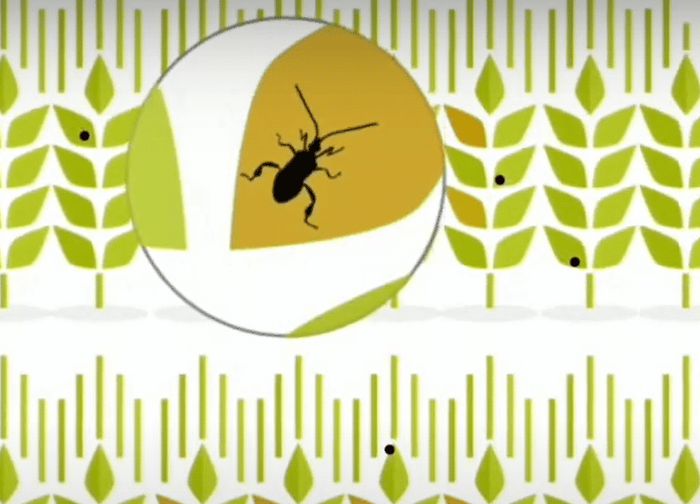Precision agriculture is a farming management concept based on observing, measuring, and responding to inter and intra variability in crops.
With precision agriculture, farmers need to know precisely what inputs are needed where, in what amount and when. This requires collecting a lot of information from different sources and in different parts of the field on things like soil nutrients, the presence of pests and weeds, the level of greenness of the plants, inputs applied and weather forecast. Once collected this information needs to be analyzed to produce agronomic recommendations.
Process
Farmers need to have all the necessary inputs at hand and be able to translate the recommendations in the field. To solve this problem, big farmers use sophisticated machinery that collects geo-referenced information on soil characteristics, yields and greenness of the plants.
These machines are connected to the internet & send the information automatically to agricultural big data firms that analyze the information & send agronomic instructions back to the machines.
Challenges
However solutions like these may be infeasible for medium and small scale farmers. These farmers lack the scale to afford such sophisticated machinery, lack knowledge to operate non automatic aspects of the machines and lack resources to hire a person who knows how to do it.
Sometimes many of the necessary compliments are not readily available or there is no connection to the internet or there are no sufficient skilled workers.
Solutions
Solutions include; Easy to operate machines, economic sensors to measure soil humidity salinity & nutrient content, portable networks for data transmission and economic ways to connect to the internet.
The new sharing economy is creating opportunities for farmers to just pay for the services they need whenever they need them. There are also other firms competing to provide drones, data analytics and forecasting.



















